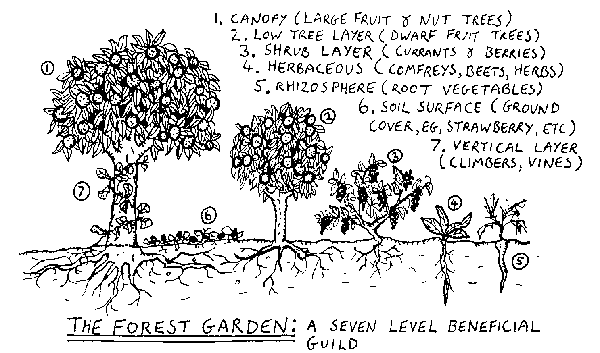

















There are no experts, Just people with more experience.




























Paleo Gardener wrote:
Remember not to neglect the simplest explanation: people are more likely to notice something if they are looking for it. If an herbalist knew someone needed certain herbs, they would be guaranteed to notice those herbs growing nearby.
auntythelma wrote:
I honestly felt like the plants were trying to physically reach out and grab me "Hello...we are right here! you need us"









ellenrr wrote:
Yukkuri,
Have you read Stephen Buhner's "The Lost Language of Plants:The Ecological Importance of Plant Medicines for life on Earth"?
I recommend it to you.

|
Destiny's powerful hand has made the bed of my future. And this tiny ad:
Learn Permaculture through a little hard work
https://wheaton-labs.com/bootcamp
|

